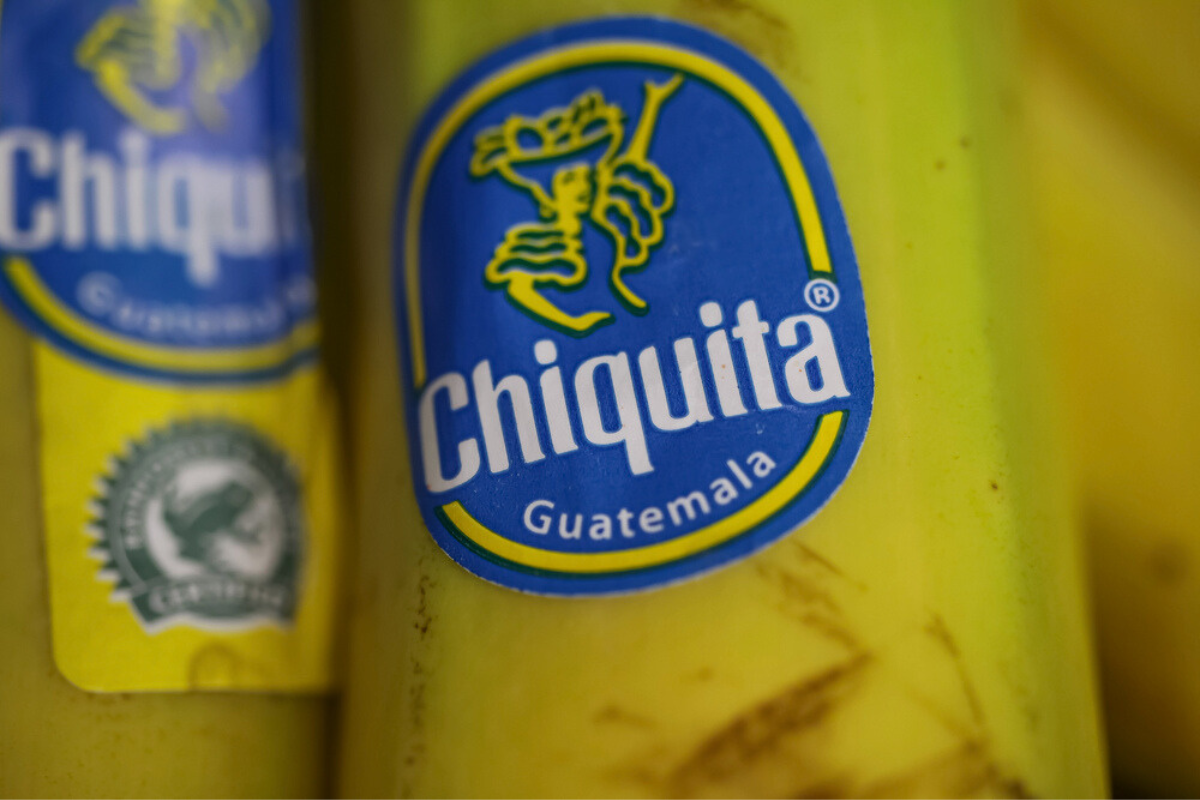An average U.S. family going to the movie theaters in the 1940s would almost certainly have been familiar with a catchy commercial showing a banana-shaped character leaving a ship. Swaying to a tropical rhythm, the famous ‘Chiquita Banana’ lady would appear singing in the voice of Portuguese-born Brazilian singer Carmen Miranda about the properties of this versatile yellow fruit.
“Bananas taste the best and are best for you,” she trills in her sing-song voice. But, the banana lady adds, “You should never put them in the refrigerator” as “bananas like the climate of the very, very tropical equator” — no doubt conjuring up exotic images of distant jungles for the middle-class American moviegoers.
The Banana Lady commercials were a hit.
Besides introducing the previously unknown fruit into millions of households, the company selling the bananas became very closely associated with the fruit itself, as if it had created it.
The commercial results were proof of this success: in the 1930s, the company behind the Chiquita banana lady accounted for 90 percent of the banana import business in the U.S. The United Fruit Company, as it was then called, would later expand to other continents.
To dominate this multi-million dollar market, the company had to first exert influence in the region from where the profitable bananas came — Central America and the northern part of South America. Founded in 1899, the United Fruit Company (UFCo) entered the 20th century with a plan to acquire land for large fruit plantations across Latin American countries.
The company’s growth was meteoric.
Less than three decades after its creation, UFCo was already the largest employer in Central America. It had reached a capitalization of USD 215 million (over 19 times more than it had initially been worth), owned thousands of acres of sparsely populated fields, and absorbed dozens of small companies.
Its dominance was so absolute that United Fruit even managed to convince local governments to award it decades-long concession contracts, thus giving it control of rail lines and postal services, as well as access to favorable tax exemptions.
The company’s all-encompassing rapid expansion at one point earned it the nickname El Pulpo, “the octopus,” as there was no piece of fertile land that its tentacles could not reach.
But...


 Search
Search






































